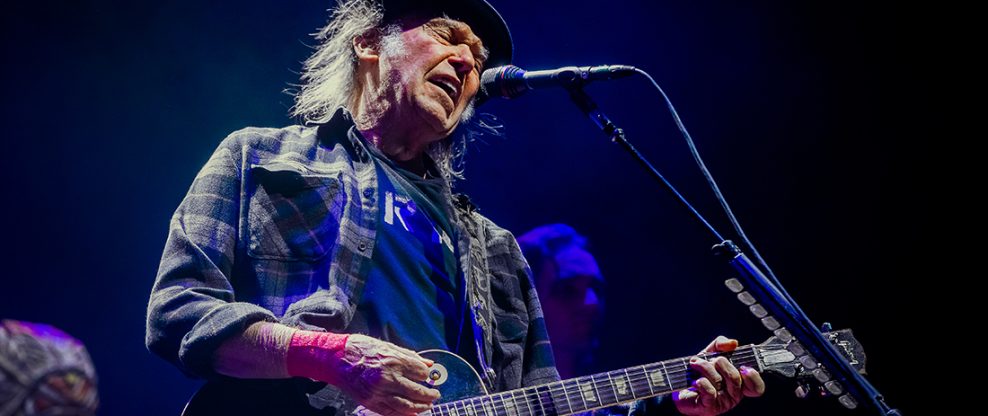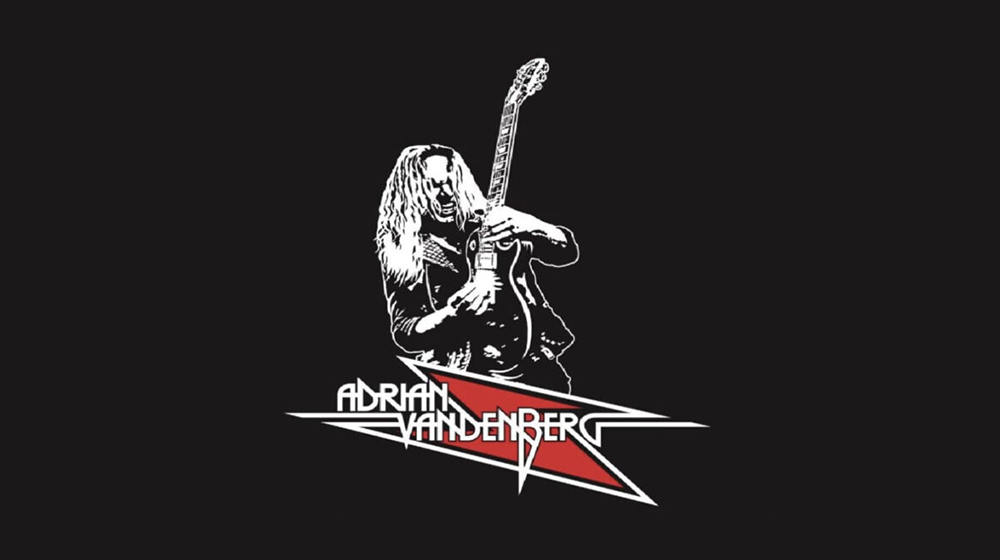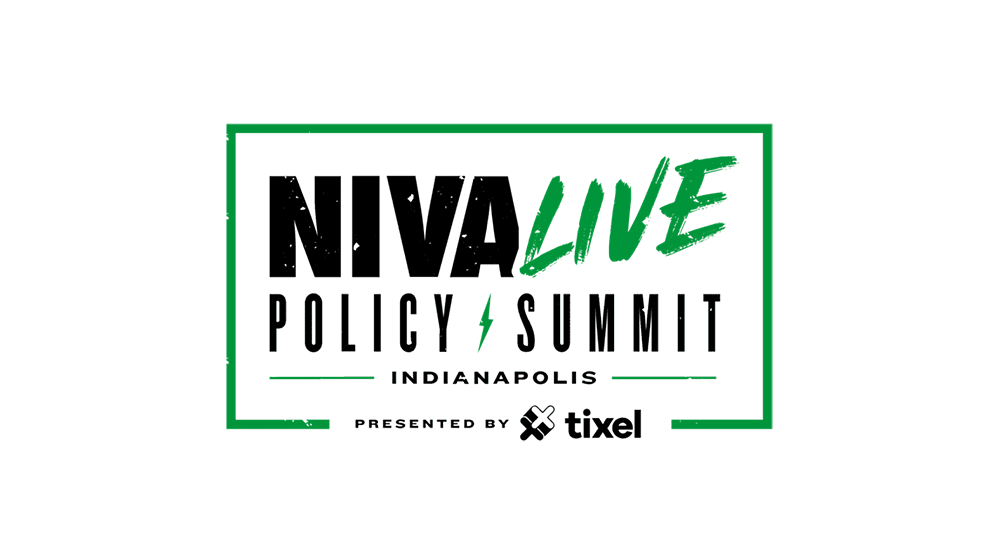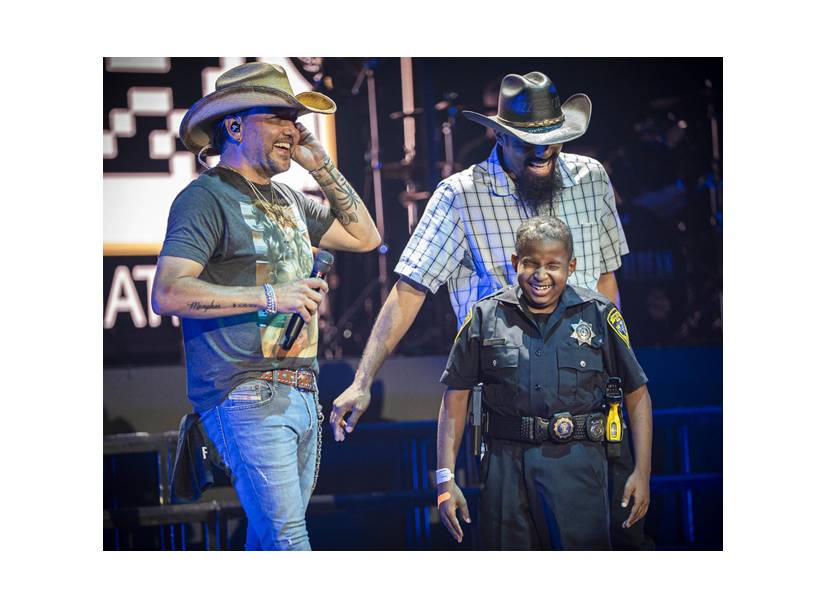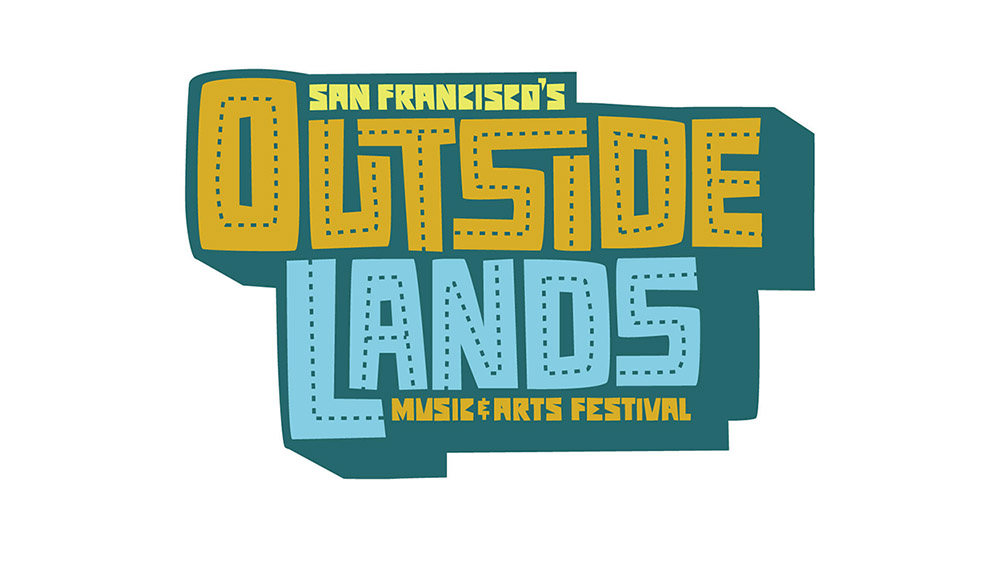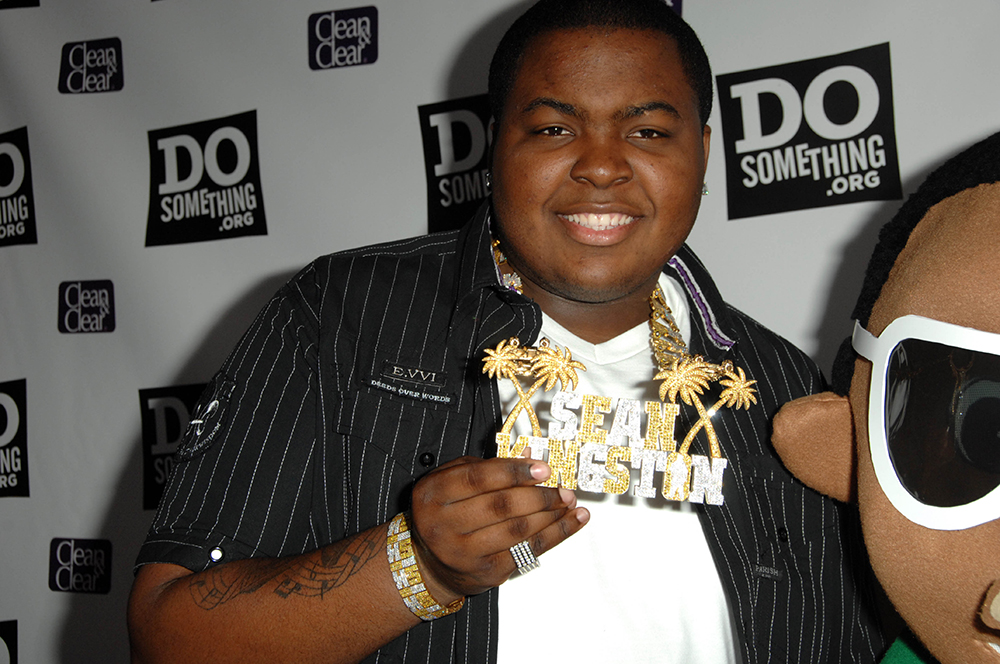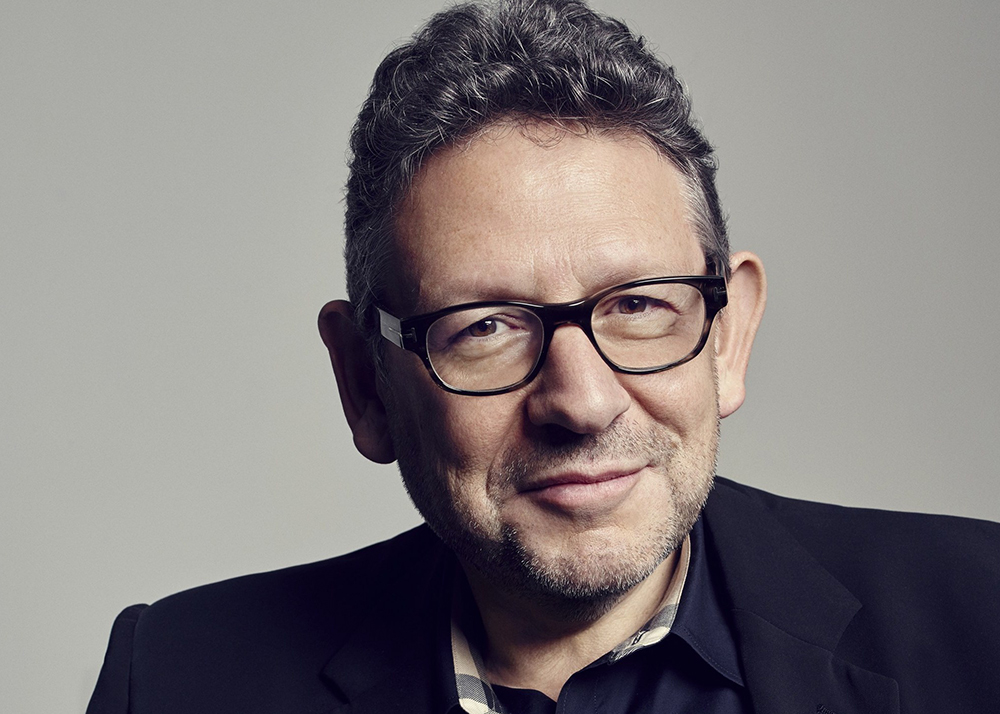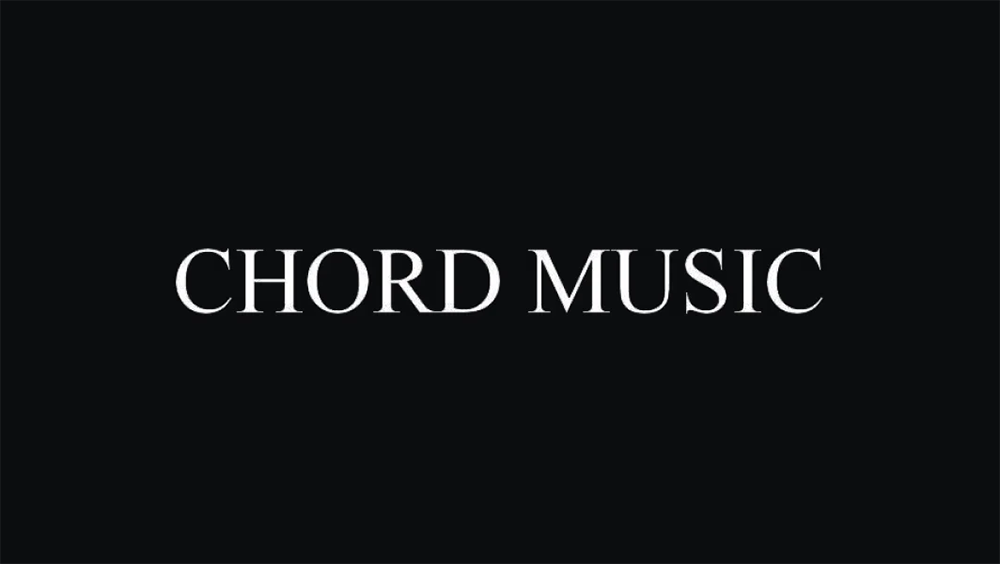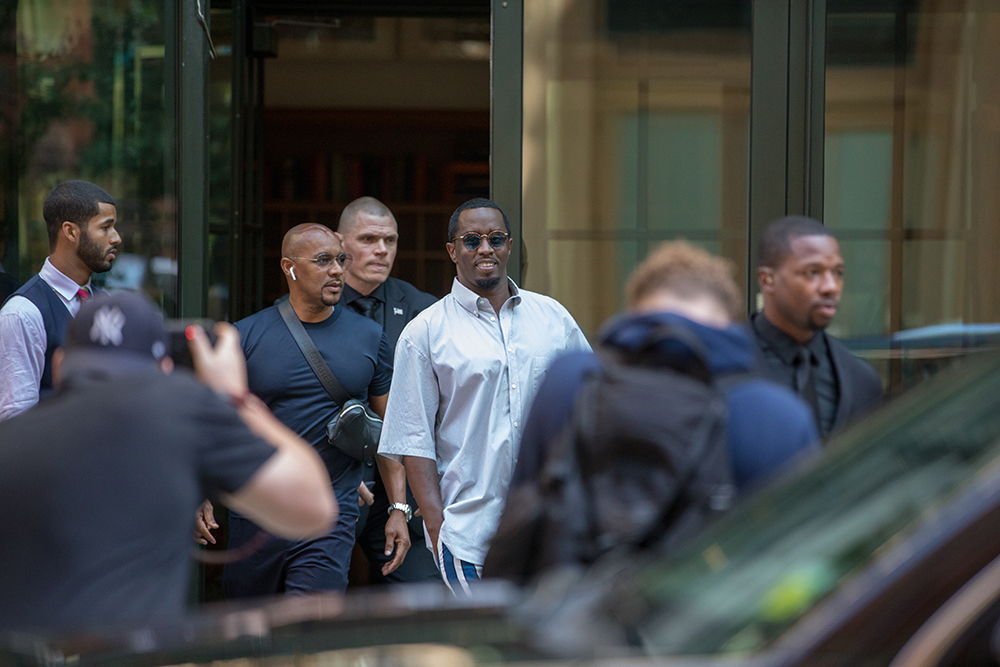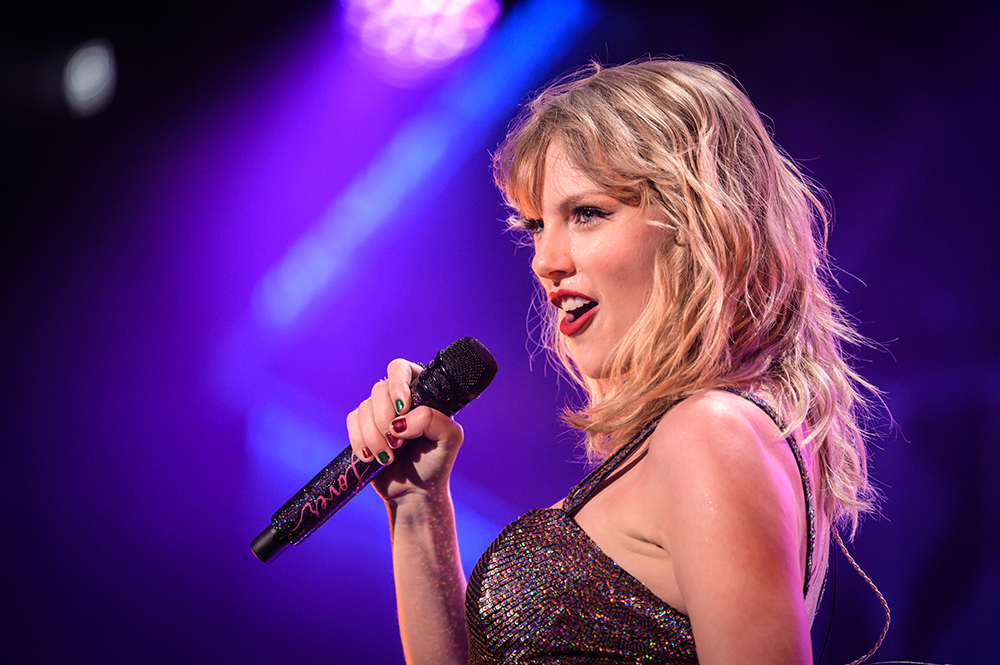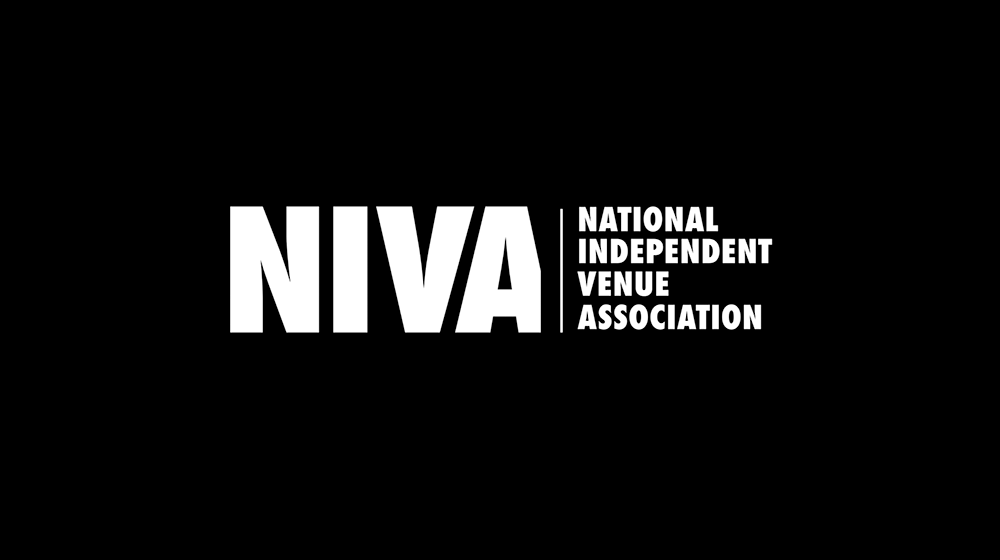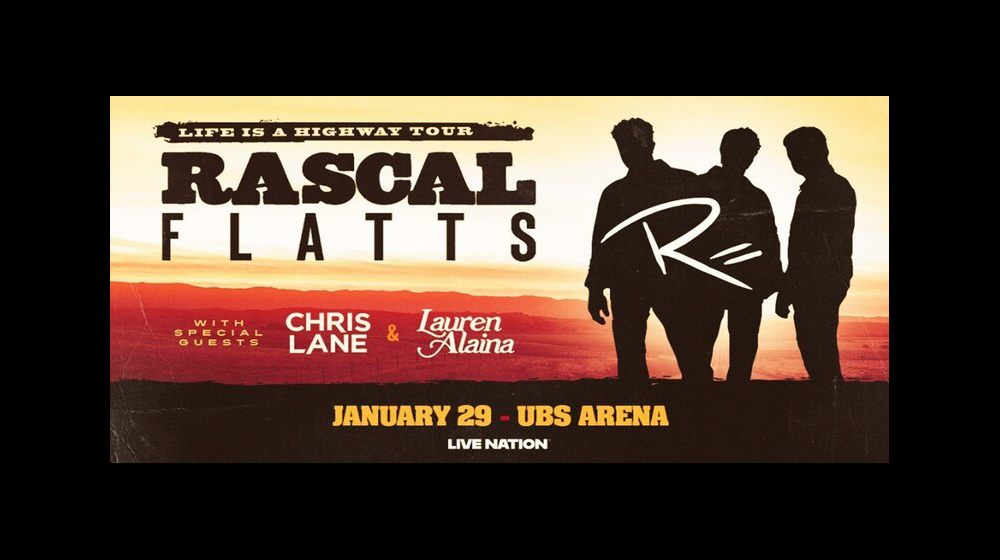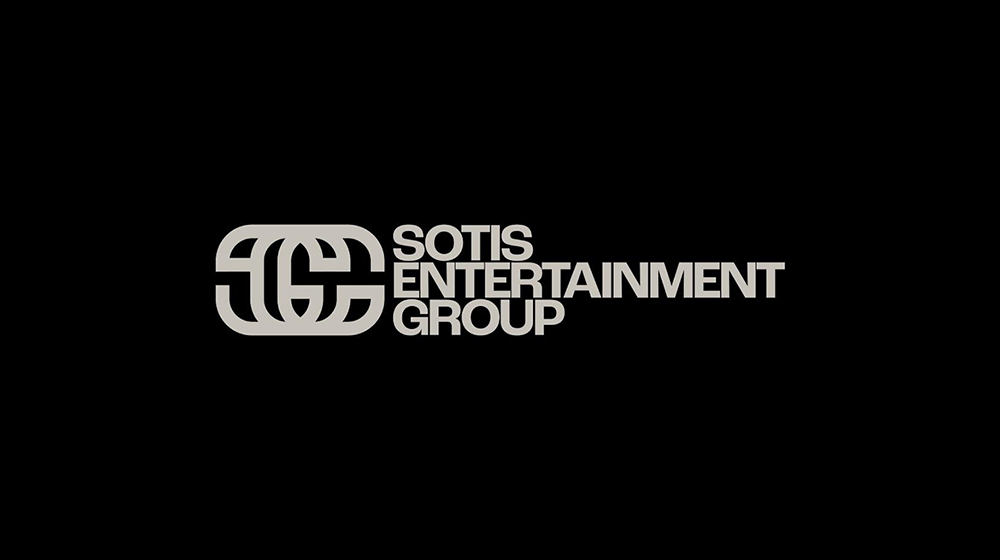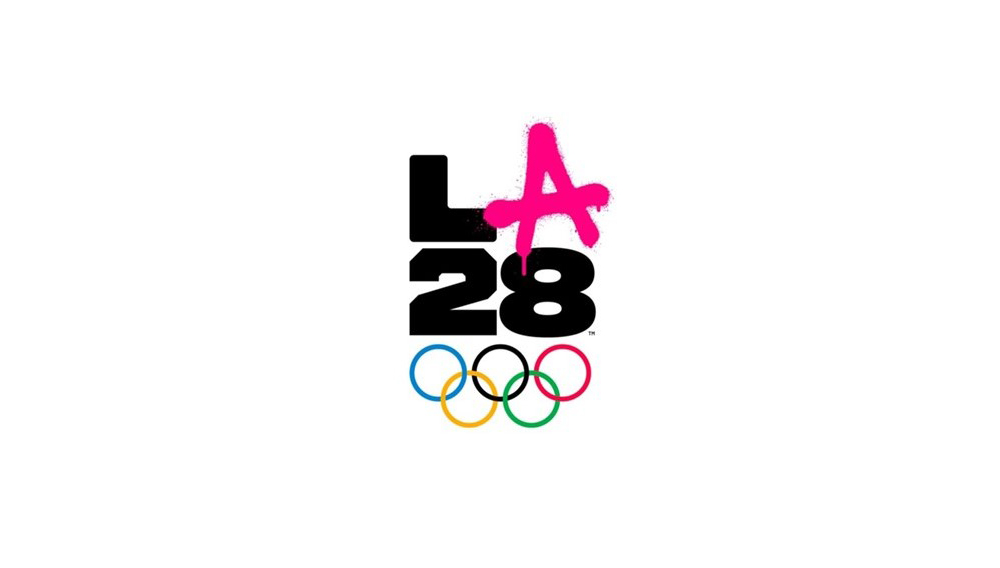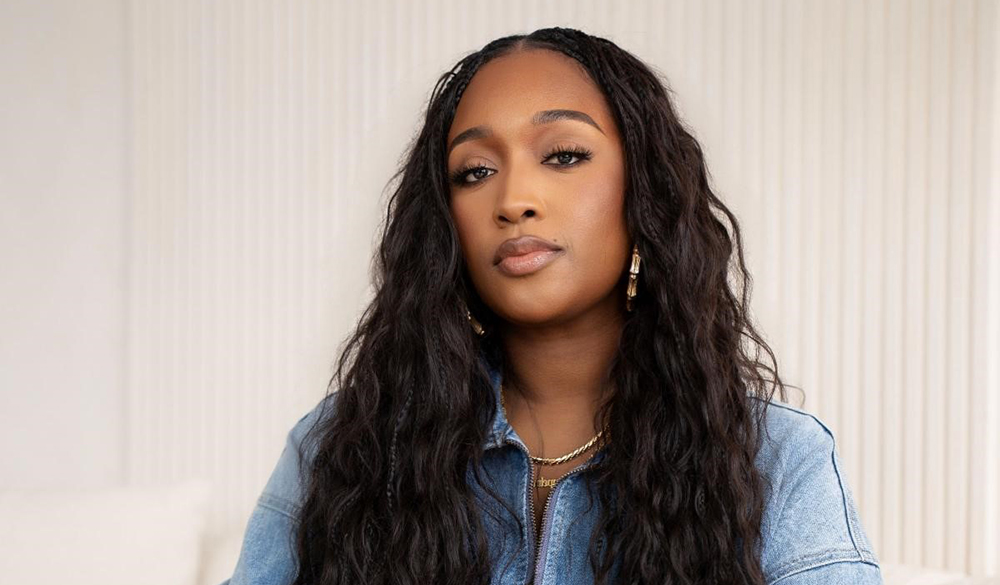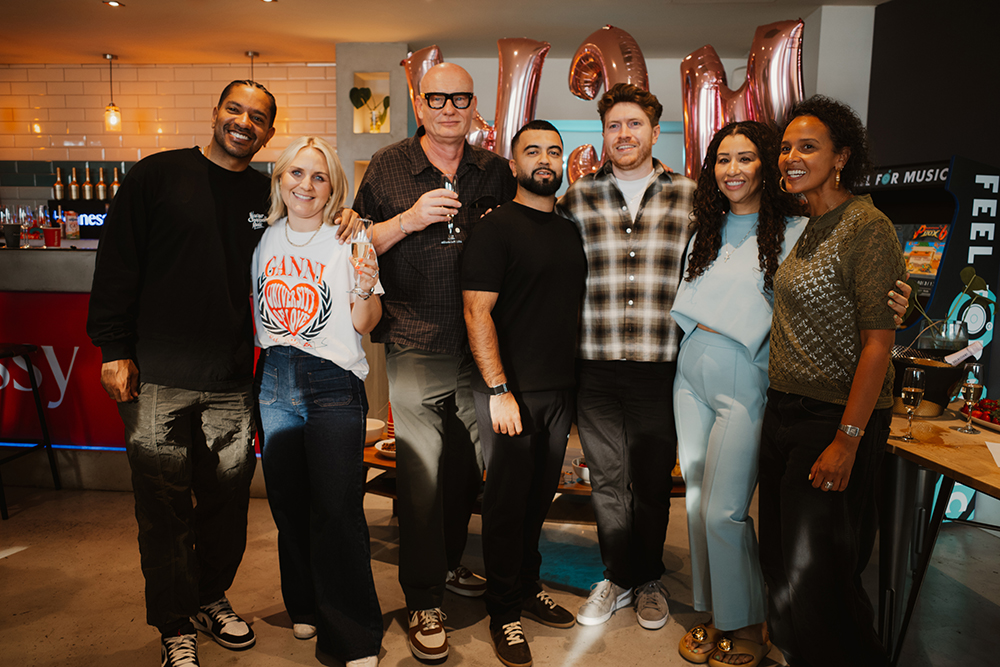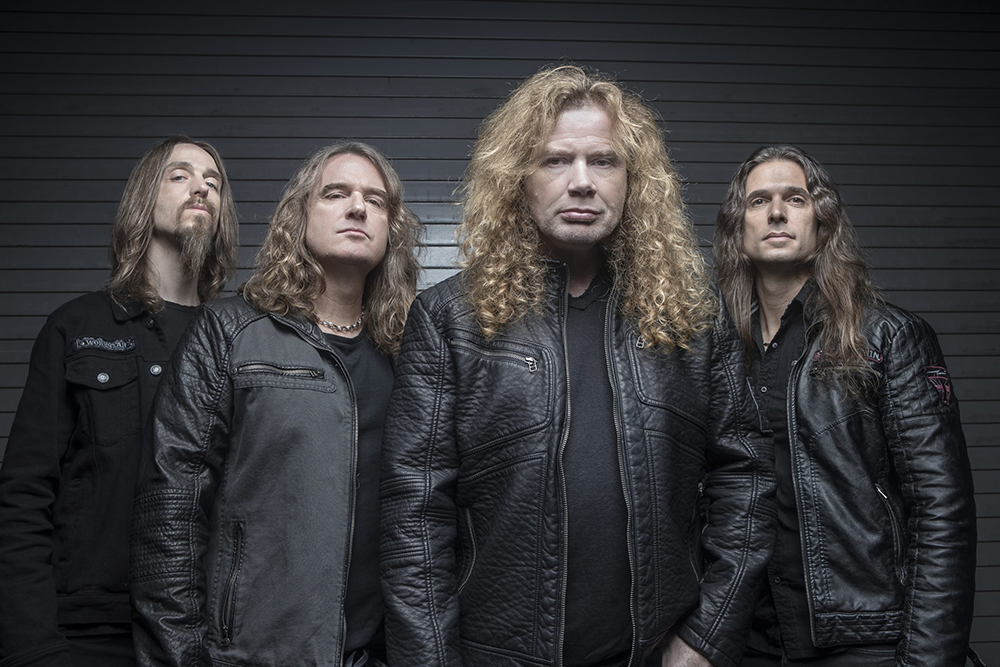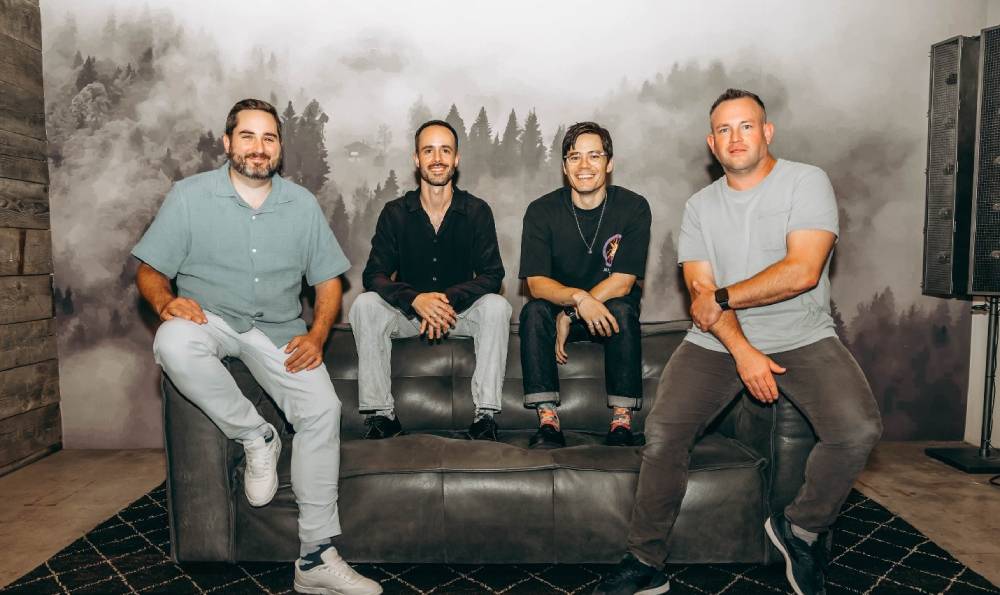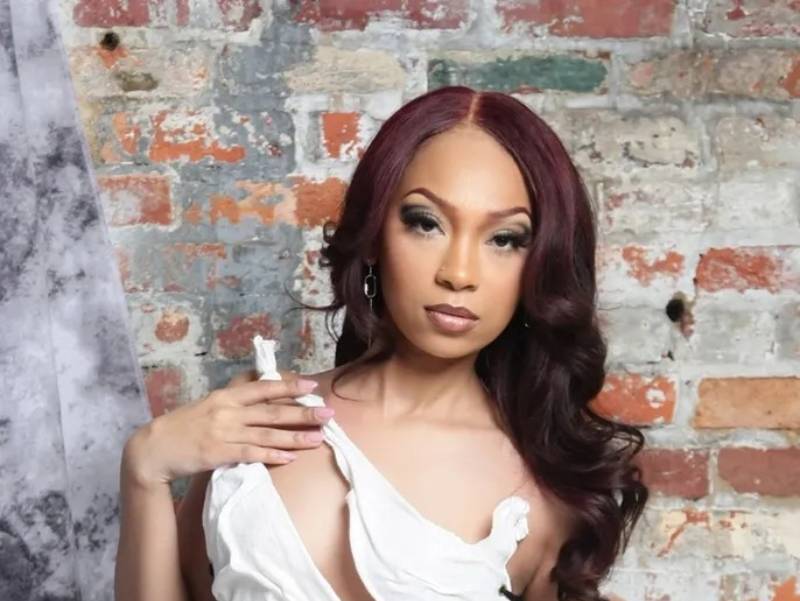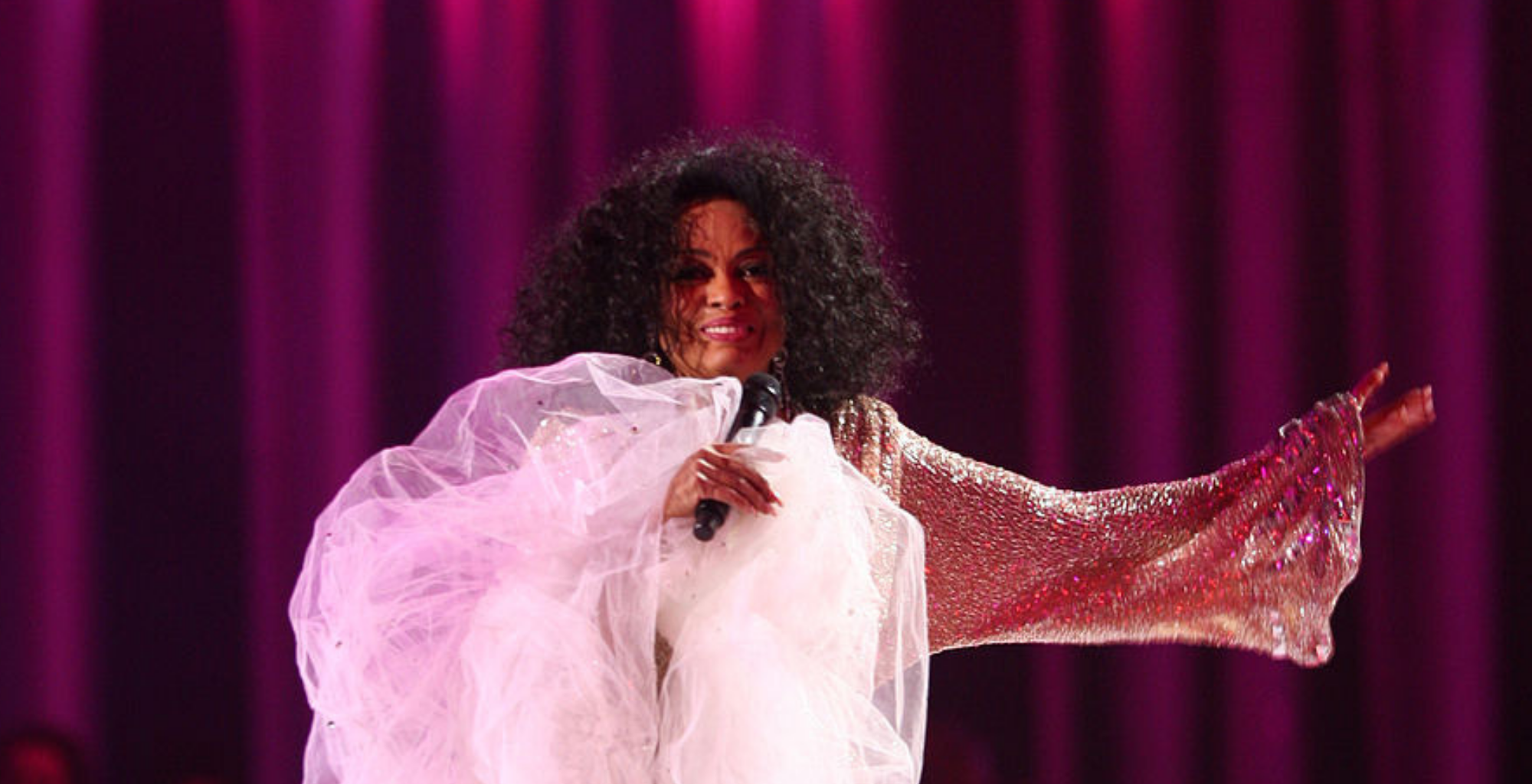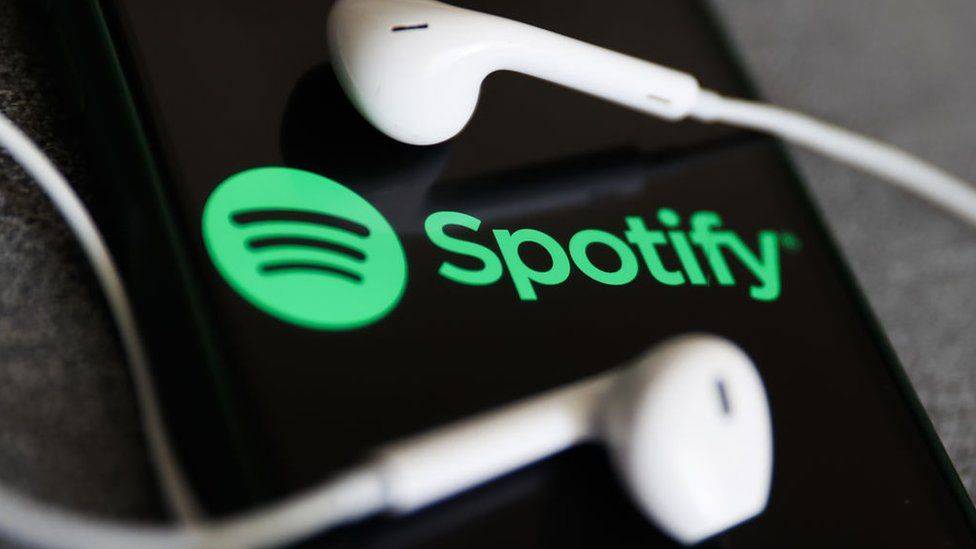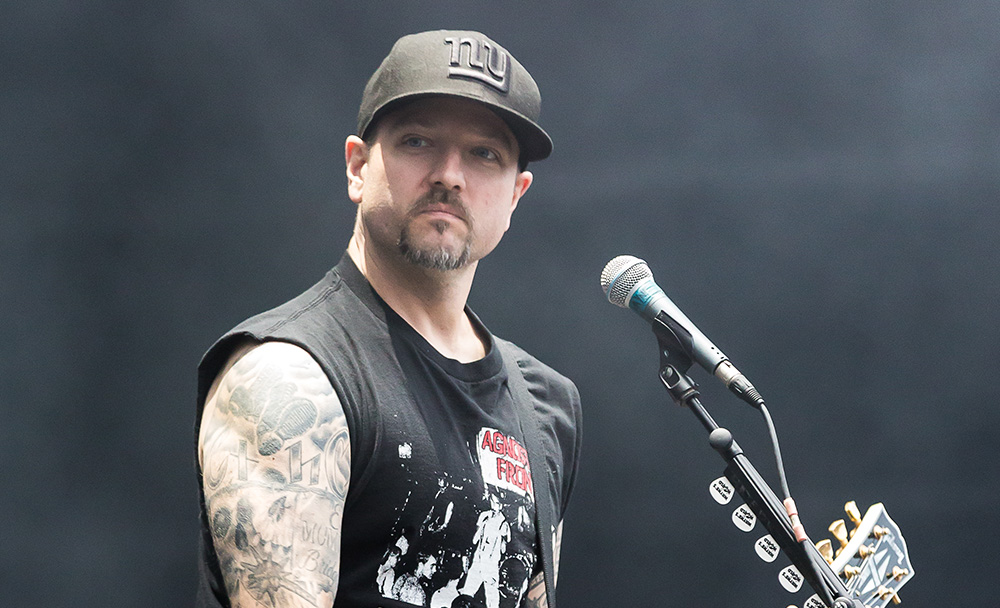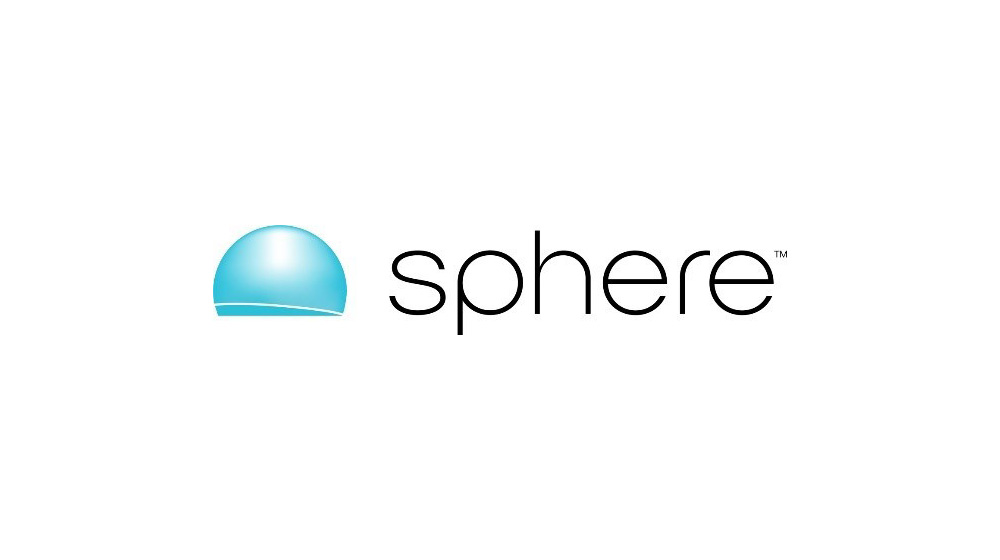(Hypebot) — How much damage has Neil Young’s recent withdrawal from Spotify actually done?
by David Deal from his blog Superhype.
When your brand takes a stand, brace for impact. Case in point: Neil Young versus Spotify.
Neil Young is both an artist (whose work I admire and listen to often) and a multimillion-dollar brand. At age 78, he keeps cranking out new music and taking care of business. He was the 11th-highest paid musician in 2021, pulling down $78 million as a result of selling half his song catalog to Hipgnosis. He’s built a loyal following through his music and a personal brand that embodies the hippie idealism and social consciousness of the 1960s. So when, on January 24, he criticized Spotify for hosting the controversial podcast The Joe Rogan Experience, no one who knows what Neil Young stands for was surprised. The Joe Rogan Experience has been accused of spreading misinformation about the coronavirus and vaccines. Young angrily demanded that his record label and management team take Young’s music off Spotify unless Spotify dropped Joe Rogan’s content.
“They can have [Joe] Rogan or Young,” he wrote in an open letter on his website (which he later deleted). “Not both. I am doing this because Spotify is spreading fake information about vaccines — potentially causing death to those who believe the disinformation being spread by them. Please act on this immediately today and keep me informed of the time schedule.”
By January 26, Spotify responded by dropping Neil Young’s music and keeping Joe Rogan’s podcast.
Young, who had more than 6 million monthly Spotify listeners, was hailed as a hero and brave tilter of windmills for taking a stand although he was also accused of being a censorious person. Spotify was cast as a villain for siding with Rogan, whose December interview with vaccine skeptic Dr. Robert Malone had been condemned widely by physicians. #DeleteSpotify began trending as customers (we don’t know how many) ditched Spotify.
Spotify’s stock price tumbled, too. The decline was widely attributed to the Neil Young controversy even though the cause-effect wasn’t as clearcut as the popular narrative would have us believe. In fact, Spotify’s stock price had lost 45 percent of its value over the past year amid a general market pullback, disappointing financial results, a slowdown in subscriber growth, and a declining market share. It was certainly possible that skittish investors were selling their Spotify stock for fear of a boycott and the possibility that other musicians would make similar demands. It was also certainly possible that Spotify’s stock was affected by a January slump across the tech sector, political instability in the Ukraine, and a ripple effect caused by Netflix’s disappointing earnings report.
Two notable musicians followed Neil Young’s lead, including the beloved Joni Mitchell and guitarist Nils Lofgren. Both said they wanted their music removed from Spotify in solidarity with Young.
And then things got complicated.
On January 28, Neil Young posted a public letter in which he doubled down on his stance on Joe Rogan and curiously reintroduced a longstanding beef he has had with how streaming services degradate sound quality of music. The letter was a confusing and poorly written diatribe that seemingly elevated sound fidelity in the digital age to the same level of importance as free speech.
He wrote, “AMAZON, APPLE MUSIC and Quobuz deliver up to 100% of the music today and it sounds a lot better than the s — — y degraded and neutered sound of SPOTIFY . . . AMAZON, APPLE MUSIC and Quobuz now deliver the real thing. SPOTIFY is ripping you off and has been since day 1. Switch to one of the alternatives — companies that support the arts. Real sound is available there. AMAZON, APPLE Music and Quobuz. You just have to leave Spotify and go to a new place that truly cares about music quality.”
That Young would complain about the sound degradation was entirely consistent with his brand. He has been raging against the evils of digital sound for years, taking all streaming services (not just Spotify) to task in the process.
But the January 28 letter diluted his message and made him come across as an out-of-touch elitist. Most people who stream music don’t care about the compression of sound on Spotify. It’s not a hill they’re going to die on. Young also buried the lead — a passionate articulation of his position on free speech — at the end of the note. There would be no #DeleteSpotify if he had come out of the gate with the letter, shown below:

The letter was also noteworthy for what it omitted: the ongoing controversy about how little Spotify compensates musicians who earn far less than Young does. It seemed like a natural issue for firebrand Young to tackle, and it’s one that has been in the public eye for quite some time. Now was the time for him to elevate the issue. But he was surprisingly silent on the matter.
Things got even more interesting on January 31 when he announced an apparent partnership with Amazon Music. “All folks looking for my music can easily head to AMAZON MUSIC and click here https://bit.ly/NYA_AmazonMusic” he tweeted. “all new listeners will get four months free.”
The announcement was greeted with some skepticism. Wren Graves of Consequence of Sound wrote:
As Young’s advertisement for Amazon makes clear, labor rights are not his chief concern. He also does not seem bothered that Amazon recently cut paid COVID leave time for infected workers, or that the company reportedly massively underreported employee infections at work, even as some of its warehouses suffered prolonged outbreaks for over a year. Young also doesn’t seem perturbed by the fact that Amazon Music provides a platform to other sources of COVID-19 misinformation, such as Fox News and Breitbart Podcasts.
Young is fighting the battle that he thinks is most important. He seems to be winning, too; Spotify has added “content advisories” on COVID-19 content, and on Sunday, Rogan posted a video responding to the controversy, pledging to “balance things out” and “research topics.” But if Young’s fans and Spotify’s detractors want to accomplish more than that, even as the platform pushes ever lower payout rates, we’ll have to do it ourselves.
And social media dunked on him, too, as some of these tweets demonstrate:




But Neil Young Inc. is a brand, too. He has a business to run and being a multimillionaire in the music industry has meant making trade-offs: like no longer owning all his music. Selling half his catalog to Hipgnosis meant giving up total control over his music. And because technically he does not call the shots on where his music can be streamed, anyway (he needed to work with his record label to demand that his music be taken down from Spotify), it is unlikely that he could take his music off streaming completely and, say, distribute it all on his website even if he wanted to do so. He was going to need to make a deal with another streaming platform. He must have known that all along based on the conciliatory nature of his January 28 letter in which he cozied up to Spotify’s rivals seven years after condeming all streaming services when he tried to take down his music from multiple platforms (a move he rescinded).
Meanwhile, on January 30, Spotify CEO Daniel Ek vowed that the company would become more transparent about its content guidelines although he did not address Joe Rogan specifically. “We haven’t been transparent around the policies that guide our content more broadly,” he wrote in a blog post Sunday. “It’s become clear to me that we have an obligation to do more to provide balance and access to widely accepted information from the medical and scientific communities guiding us through this unprecedented time.”
As for Joe Rogan, he posted an Instagram video pledging to be more balanced and informed about controversial topics and guests. “If I pissed you off, I’m sorry,” he said. ““It’s a strange responsibility to have this many viewers and listeners,” he said. “It’s nothing that I’ve prepared for. I’m going to do my best to balance things out.”
The next day, January 31, Spotify’s beleaguered stock roared back, more than recovering its losses from the previous week.

Was this rebound a result of Spotify publishing a policy and Joe Rogan speaking out? Not likely. In fact, the rebound happened after an analyst issued a bullish report saying that Spotify stock is undervalued and worthy of investment. In any event, the “Neil Young dragon slayer” narrative was losing its luster given Spotify’s strong rebound.
I see three lessons learned here:
- Beware runaway narratives. The runaway narrative here was that Neil Young was unleashing hell on Spotify’s stock value.
- Taking a stand is never easy. Neil Young chose to focus on a podcaster accused of spreading misinformation, an understandable stance as the world remains in the grip of the COVID-19 pandemic. He has done so imperfectly and set himself up for criticism. Any brand that takes a stand needs to assess the risks, prepare for blowback, and stand firm unless new information comes to light that would affect their stance. To his credit, Neil Young has stuck by his guns.
- Someone always benefits from controversy. Neil Young has emerged a winner. His public visibility has skyrocketed, and his songs have a new home on Amazon Music. Joe Rogan is also enjoying increased visibility; but I hesitate to say he has emerged as a winner yet. Let’s see what happens to his subscribership and support from Spotify, especially as the glare of the spotlight draws attention to comments he has made about race.

Spotify is also winning — for today. But the longer-term challenges that have caused the company’s stock to decline remain.
How about Joni Mitchell and Nils Lofgren? They’ve stood in solidarity with Neil Young, but will their music also find a home?
Neil Young will keep rebelling and biting the hand that feeds him. The truth of the matter is that for years, he’s exposed himself to criticism by taking a public stand on social issues. He sticks by his guns. He does not apologize for his actions. In that sense, the Neil Young brand possesses an important attribute: consistency. You may not agree with him, but you know what’s coming.

The letter was also noteworthy for what it omitted: the ongoing controversy about how little Spotify compensates musicians who earn far less than Young does. It seemed like a natural issue for firebrand Young to tackle, and it’s one that has been in the public eye for quite some time. Now was the time for him to elevate the issue. But he was surprisingly silent on the matter.
Things got even more interesting on January 31 when he announced an apparent partnership with Amazon Music. “All folks looking for my music can easily head to AMAZON MUSIC and click here https://bit.ly/NYA_AmazonMusic” he tweeted. “all new listeners will get four months free.”
The announcement was greeted with some skepticism. Wren Graves of Consequence of Sound wrote:
As Young’s advertisement for Amazon makes clear, labor rights are not his chief concern. He also does not seem bothered that Amazon recently cut paid COVID leave time for infected workers, or that the company reportedly massively underreported employee infections at work, even as some of its warehouses suffered prolonged outbreaks for over a year. Young also doesn’t seem perturbed by the fact that Amazon Music provides a platform to other sources of COVID-19 misinformation, such as Fox News and Breitbart Podcasts.
Young is fighting the battle that he thinks is most important. He seems to be winning, too; Spotify has added “content advisories” on COVID-19 content, and on Sunday, Rogan posted a video responding to the controversy, pledging to “balance things out” and “research topics.” But if Young’s fans and Spotify’s detractors want to accomplish more than that, even as the platform pushes ever lower payout rates, we’ll have to do it ourselves.
And social media dunked on him, too, as some of these tweets demonstrate:




But Neil Young Inc. is a brand, too. He has a business to run, and being a multimillionaire in the music industry has meant making trade-offs: like no longer owning all his music. Selling half his catalog to Hipgnosis meant giving up total control over his music. And because technically he does not call the shots on where his music can be streamed, anyway (he needed to work with his record label to demand that his music be taken down from Spotify), it is unlikely that he could take his music off streaming completely and, say, distribute it all on his website even if he wanted to do so. He was going to need to make a deal with another streaming platform. He must have known that all along based on the conciliatory nature of his January 28 letter in which he cozied up to Spotify’s rivals seven years after condeming all streaming services when he tried to take down his music from multiple platforms (a move he rescinded).
Meanwhile, on January 30, Spotify CEO Daniel Ek vowed that the company would become more transparent about its content guidelines although he did not address Joe Rogan specifically. “We haven’t been transparent around the policies that guide our content more broadly,” he wrote in a blog post Sunday. “It’s become clear to me that we have an obligation to do more to provide balance and access to widely accepted information from the medical and scientific communities guiding us through this unprecedented time.”
As for Joe Rogan, he posted an Instagram video pledging to be more balanced and informed about controversial topics and guests. “If I pissed you off, I’m sorry,” he said. ““It’s a strange responsibility to have this many viewers and listeners,” he said. “It’s nothing that I’ve prepared for. I’m going to do my best to balance things out.”
The next day, January 31, Spotify’s beleaguered stock roared back, more than recovering its losses from the previous week.

Was this rebound a result of Spotify publishing a policy and Joe Rogan speaking out? Not likely. In fact, the rebound happened after an analyst issued a bullish report saying that Spotify stock is undervalued and worthy of investment. In any event, the “Neil Young dragon slayer” narrative was losing its luster given Spotify’s strong rebound.
I see three lessons learned here:
- Beware runaway narratives. The runaway narrative here was that Neil Young was unleashing hell on Spotify’s stock value.
- Taking a stand is never easy. Neil Young chose to focus on a podcaster accused of spreading misinformation, an understandable stance as the world remains in the grip of the COVID-19 pandemic. He has done so imperfectly and set himself up for criticism. Any brand that takes a stand needs to assess the risks, prepare for blowback, and stand firm unless new information comes to light that would affect their stance. To his credit, Neil Young has stuck by his guns.
- Someone always benefits from controversy. Neil Young has emerged a winner. His public visibility has skyrocketed, and his songs have a new home on Amazon Music. Joe Rogan is also enjoying increased visibility; but I hesitate to say he has emerged as a winner yet. Let’s see what happens to his subscribership and support from Spotify, especially as the glare of the spotlight draws attention to comments he has made about race.

Spotify is also winning — for today. But the longer-term challenges that have caused the company’s stock to decline remain.
How about Joni Mitchell and Nils Lofgren? They’ve stood in solidarity with Neil Young, but will their music also find a home?
Neil Young will keep rebelling and biting the hand that feeds him. The truth of the matter is that for years, he’s exposed himself to criticism by taking a public stand on social issues. He sticks by his guns. He does not apologize for his actions. In that sense, the Neil Young brand possesses an important attribute: consistency. You may not agree with him, but you know what’s coming.

